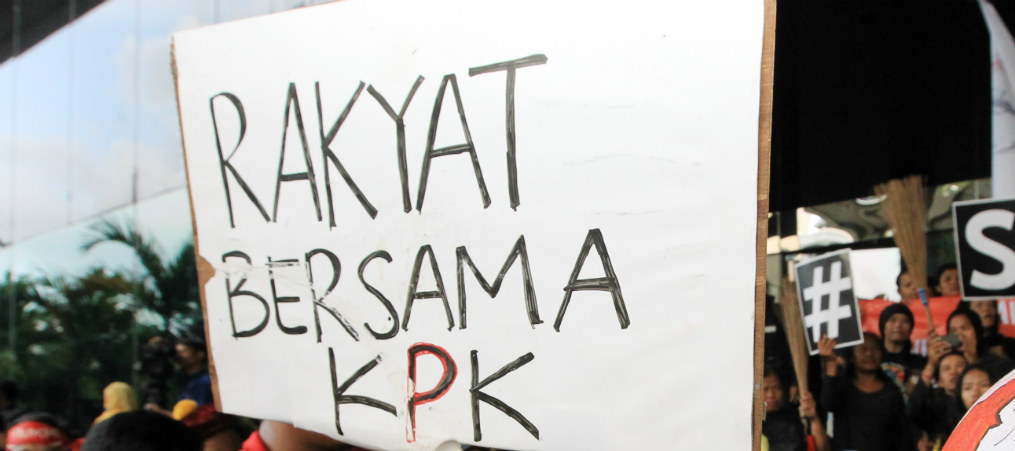In their capacity as agent of change, students must be critical of what is happening around them. However, the reality shows otherwise. Students are critical, but only few of them take action, the rest is just doing lip service.
If students want changes, then they should create the change. Students must initiate the movement for the progress of the nation.
History shows that students were initiators of important milestones that determine the country’s destiny. The Budi Utomo movement (1908), the Youth Pledge (1928), the Independent Proclamation (1945), up to the Reform Movement (1998), were all driven by students.
As intellectuals, students have the responsibility to educate the public. Their obtained knowledge must be utilized to break bad habits in the society. Unfortunately today, many students claim to be activists, but it does not reflect on their behaviors. Most students can criticize the government, but they fail to do self-criticism. Many students voice against corruption, but they do not apply this behavior daily. They demand public institutions for information transparency, but some of their own organizations cannot manage to do so.
Anti-Criticism Officials
The current reality of the students contributed to the situation where public officials are allergic to criticism and do not response to the students’ aspirations. They become defensive but never meet their promises.
Some public officials often brag about their past activism. “I used to be activists like you, so I understand what you wish for,” they always say to the students. How come former student activists who used to be outspoken in voicing public demand are trapped in the same vicious play once they are inside the government? Because of their half-baked ideology when they were students. They always spoke for changes, but forget to become the role model of changes. Many corruption cases convicts said they used to be student activists, tarnishing the name of their alma maters.
If student activists want to campaign for changes, they have to start with themselves. Never claim to be activist if you cannot appreciate time. You will not become a person that fight against corruption.
Data from the Indonesia Corruption Watch 2016 showed 550 corruption cases handled by law enforcers in 2015 with 1.124 suspects. The potential state losses reached about Rp3.1 billion while the bribe money reached Rp450.5 billion. ICW recorded 2,492 corruption cases within 2010 and 2014 that inflicted state losses of Rp549 billion. Of the cases, 552 of them were not settled or remain unclear, which means there was no official statement of their statuses.
Among the corruption suspects and convicts are former student activists. They used to shout about and criticize public policy. A little mistake of the government was responded by jargons and revolutionary songs, representing oppressed people. But the spirit was gone once they hold important positions in the government.
Reform Needed
Students need to change. They must walk the talk before asking others to do things. They have to be reminded of their role as intellectual. The main role of students according to political scientist Arbi Sanit is to “raise public awareness about the authority’s negligence in governing the country in the name of the people.” The duty of students as agent of change is to set good example for the people. If they speak against corruption, they should first implement anticorruption values.
Student activists must do self-evaluation before evaluating government policy. Don’t be defensive toward criticism. Because people will not follow the campaign if the campaigners do not walk the talk. If you want to campaign for traffic order, for example, set example on how people should behave in the traffic. It is impossible for people to follow the instruction if the campaigners violate it.
A student movement must be based on intellect. It has to be strategic as well or otherwise people will not accept it. If student activists are domineering and aggressive, they will fare badly against criticism when they become public officials.
Clean up the internal mess before going into the society. Do not let education be gone without trace. Because at the end of the day, students “think, march, or die.”
By: Antoni Putra
Member of Student Activity Unit on Introduction to Law and Politics at Andalas University.
Articles in the Voice of the People section are personal opinion and analysis of the author. They do not represent the view of the Corruption Eradication Commission (KPK).


